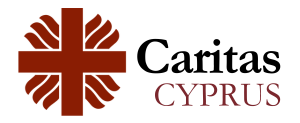Each year on October 17th—the International Day for the Eradication of Poverty—people around the world reaffirm the collective commitment to end poverty. The theme for this year’s Day is “Decent Work and Social Protection: Putting Dignity into Practice for All”.
People living in extreme poverty, many of whom work in the informal economy – unregistered, unrecognized and unprotected under labor legislation – face difficult and dangerous conditions. The most excluded have no choice but to accept inhumane situations and are often seen and treated as ‘disposable’. Despite working long hours, they are often unable to earn enough to support themselves and their families. The International Labour Organisation (ILO) estimates that almost two thirds of the world’s working population, over two billion people, are informal workers. People directly impacted by extreme poverty will face discrimination, unable to obtain decent work because of their socioeconomic status, lower levels of education and training received as well as the stigma attached to being poor. UNICEF estimates that in the least developed countries, slightly more than one in four children (ages 5 to 17) are engaged in labor that is detrimental to their health and development, jeopardizing the possibility to ever lift themselves and their families out of poverty. Discrimination is also felt by women, who according to the ILO form 58% of the informal labor force.
In line with its mission worldwide, in Cyprus, Caritas provides humanitarian aid in the form of food, medicines, diapers and household goods to those struggling in poverty and assists those who work under difficult if not exploitative conditions through direct advocacy and by helping them access legal advice and remedy, where available.
